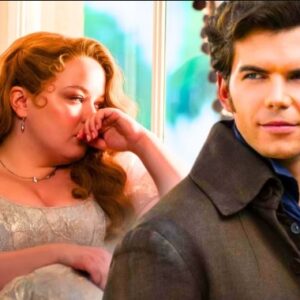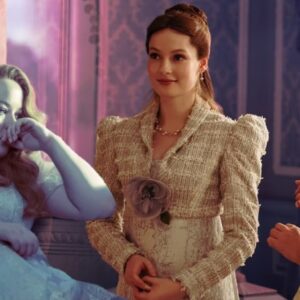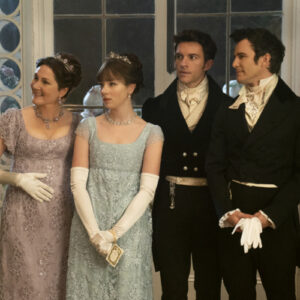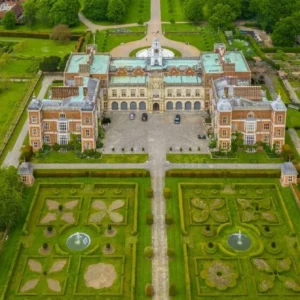Comparisons between Shogun episode 7’s big betrayal and Game of Thrones’ infamous Red Wedding scene are addressed by a series co-creator.
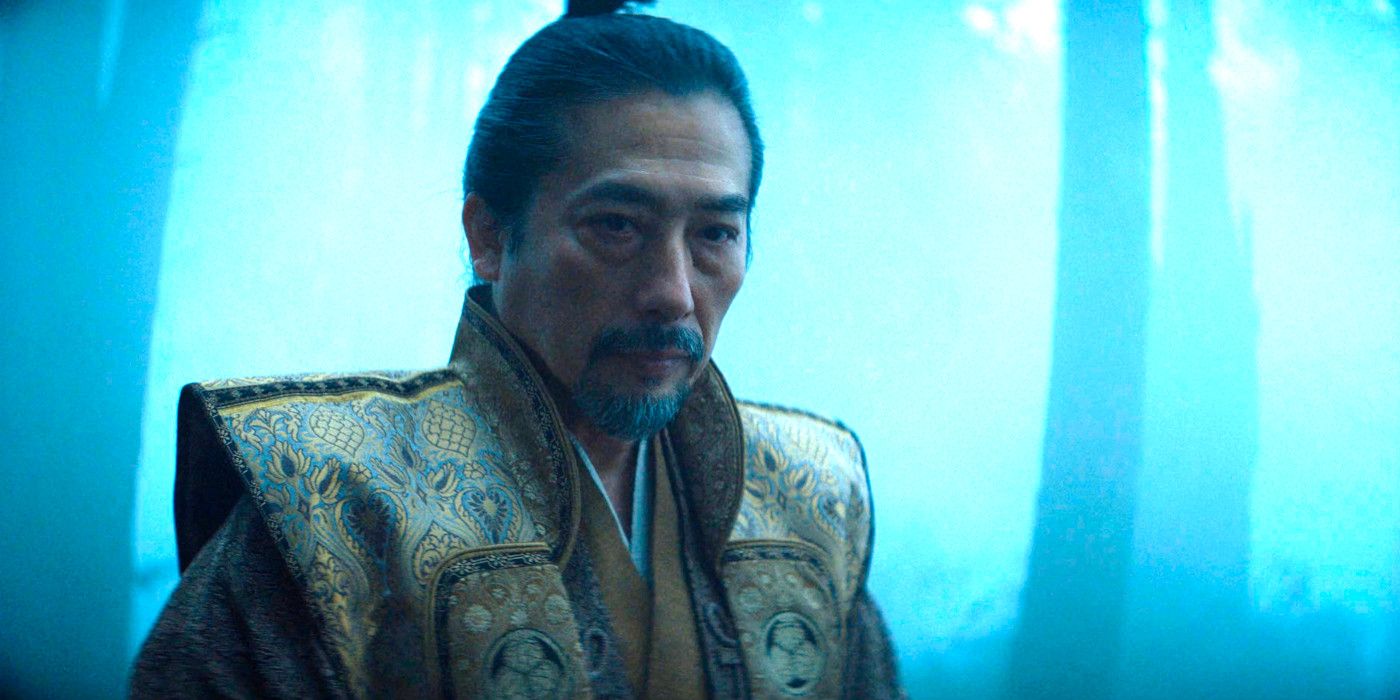
Comparisons between Shogun episode 7’s shocking betrayal and Game of Thrones‘ infamous Red Wedding scene are addressed by a series co-creator. Toranaga’s Crimson Sky plan was left in shambles after his half-brother Saeki revealed himself to be a traitor who had secretly allied himself with the Council of Regents, leaving Toranaga’s encamped army surrounded and Toranaga facing the prospect of surrender. So stunning was Saeki’s betrayal that the episode has drawn comparisons to the Red Wedding, the unforgettable GoT moment when Lord Walder Frey unleashed his very bloody revenge against the Starks.
Though there are superficial similarities between the Red Wedding and Saeki’s move against Shogun‘s Toranaga, episode 7 was actually more inspired by other cultural touchstones, namely High Noon and The Empire Strikes Back, as revealed by series co-creator Justin Marks. Check out what Marks said below (via Decider):
“That episode was about the mist and that was always so important. It’s an episode about waiting and dread and that mist that comes in. And I see it as High Noon more than, say, the Red Wedding. Actually the other one that we talked about a lot, was The Empire Strikes Back. Just showing up in Cloud City with Lando being there. As a kid, it always had a huge impact on me because I felt in my bones — as a child — that something was wrong as soon as they showed up. But you don’t know what’s wrong until it happens. And I feel the same way with that [Shōgun] episode.”
Why Shogun Episode 7 Is More Like High Noon Than Game Of Thrones
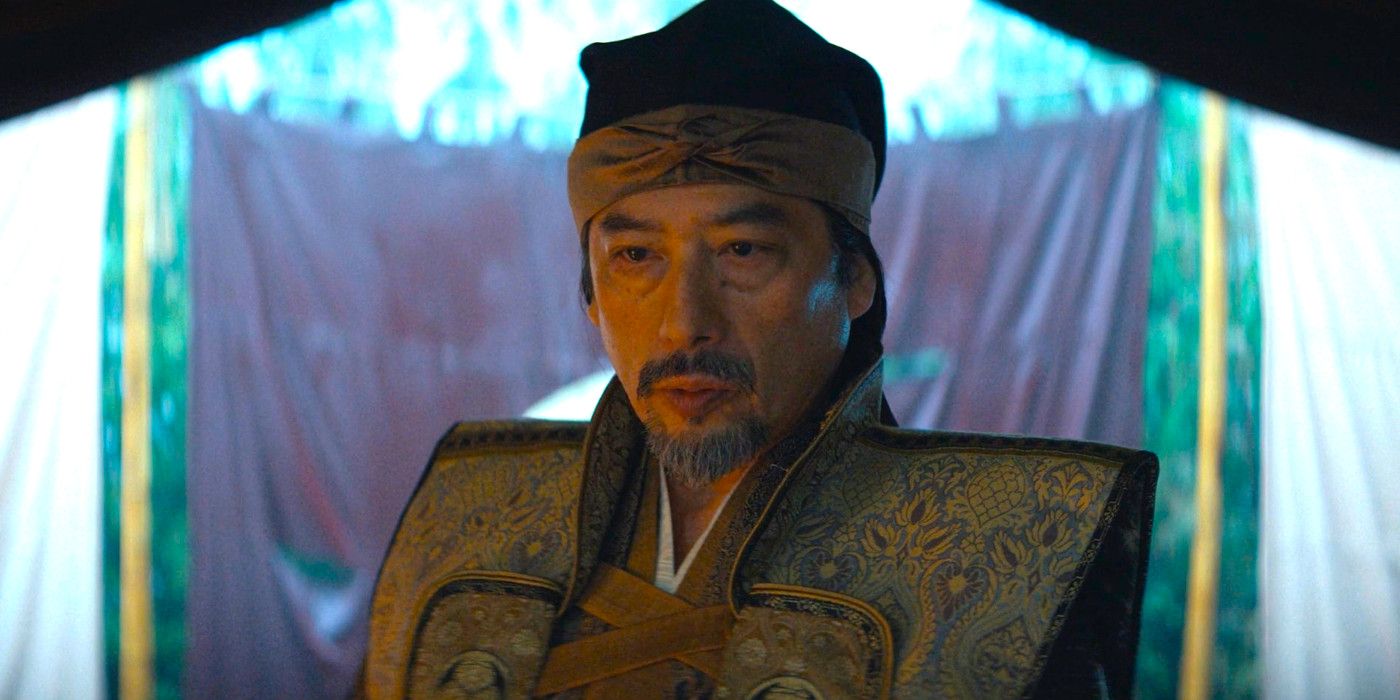
Shogun has been compared to Game of Thrones since before the show premiered, but episode 7’s slow, creeping sense of dread is indeed closer in spirit to High Noon. The classic Western, released in 1952, starred Gary Cooper as a marshal forced to face off alone against a gang of outlaws when the residents of the town he’s trying to protect refuse to help him. Played out in real time, the movie generates unbearable tension as Cooper’s character prepares to face what seems like certain death.
Shogun’s Saeki betrayal does sound echoes of the Red Wedding in the horrible events that ensue later in the episode, when Toranaga’s son attempts to kill his treasonous uncle, and winds up suffering a very inglorious death. The level of violence in the episode comes nowhere near the Red Wedding, however, which got its name precisely because of the horrific amount of blood that was spilled.
The theme of betrayal was clearly on co-creator Marks’ mind as Shogun episode 7 was conceived. In High Noon, the town betrays Cooper’s character, leaving him alone to face his fate. Similarly, Toranaga seems very isolated as he comes to grips with his own dim future in the wake of Saeki’s actions. Like the rebellion after the dark ending of The Empire Strikes Back, Toranaga and his allies seem at a low point by the close of the episode. It remains to be seen how they might rise again as Shogun continues.
